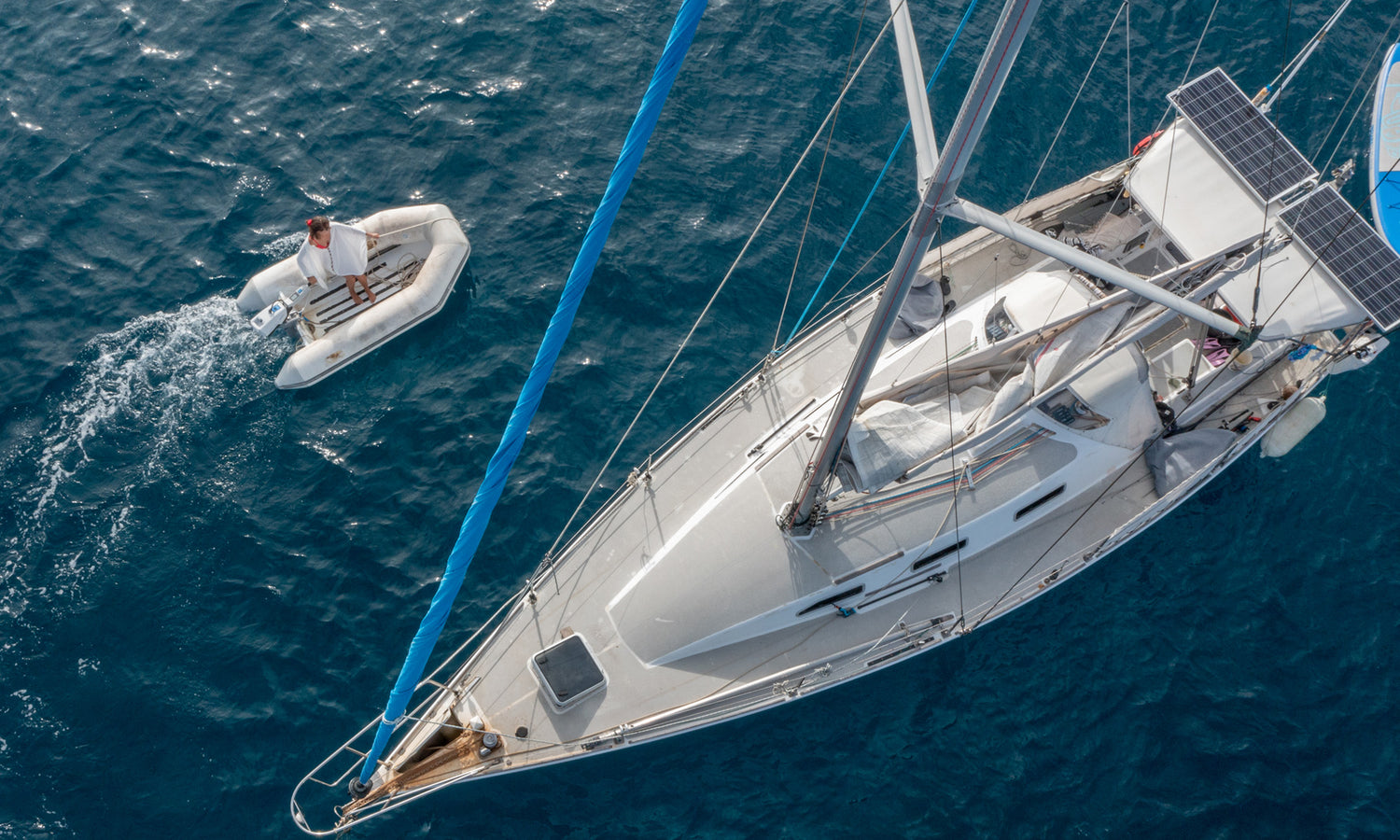How Electric Outboards Benefit Your Boating Experience

We've previously highlighted the numerous benefits of electric outboards compared to traditional gas-powered engines. Many of these advantages are fairly intuitive, stemming from the absence of fossil fuels and the simplicity of electric motors, which have just one moving part, leading to minimal maintenance and repair needs.
However, there are also several lesser-known perks that users often discover after transitioning to an electric outboard. Here are some of the surprising benefits reported by our customers and observed in our own experience:
No More Engine Starting Hazards
Electric motors start with the push of a button, eliminating the risk of jostling or injuring anyone while starting the engine. This is especially beneficial for families with children or when operating the boat in close quarters.
No Harmful Emissions
For boaters accustomed to the unpleasant fumes of gas engines, switching to an electric outboard can be a revelation. The clean, odourless operation of an electric motor makes for a more pleasant and healthier boating experience. As an electric outboard owner myself, I can attest to the stark contrast in air quality when switching back to a gas-powered boat—the fumes are much more noticeable and unpleasant.
Enhanced Manoeuvrability
Electric outboards offer excellent control and maneuverability, particularly when docking or navigating tight spaces. With immediate torque and precise speed control, electric motors provide smooth, responsive handling, making navigation and docking a breeze.
In summary, transitioning to an electric outboard can bring a host of unexpected benefits, from a cleaner and quieter boating experience to enhanced convenience and ease of use.
Elimination of Refueling Hassles
While the freedom from buying gas might seem like a given advantage, the overall ease of use with an electric motor is often underestimated. Consider the convenience of not having to:
- Wait in line at the fuel station
- Mix fuel for a 2-stroke engine
- Dispose of old fuel
- Securely close all hatches during refuelling
- Ensure passengers are off the boat before refuelling
- Clean up spills or deal with overfilling
- Run the blower after refuelling
- No lingering fuel smell in your car
A common issue with gas-powered outboards is the persistent gasoline smell that tends to cling to the interior of your vehicle long after transporting the motor. Even with a completely empty tank, residual fuel in the carburetor and lines often finds its way into the car.
Additionally, engine oil can be a problem, potentially leaking onto your vehicle or, worse, causing engine damage if it contaminates the cylinders. Electric outboards, however, operate without any fuel or oil, so there's no mess to worry about.
Closer Wildlife Encounters
The quiet operation of an electric outboard makes a significant difference in wildlife encounters. The noise from gas engines can scare away fish and disturb other wildlife. With an electric motor, you can approach wildlife more closely without causing disruption, enhancing your viewing experience without impacting the animals.
Silent Nighttime Outings
For dog owners, nighttime trips to shore can be significantly quieter with an electric outboard. No more noisy gas motors that wake everyone nearby—just a smooth, silent ride to shore.
Simplified Operation for Everyone
An electric outboard simplifies boat operation to the point where everyone, including those who may have shied away from using a gas engine, can handle it with ease. This newfound simplicity ensures that family members feel comfortable and capable when it comes to boating tasks.
Extra Space on Your Boat
Without the need for a fuel tank, an electric outboard frees up valuable space on your boat, usually around 4 square feet. This extra space can be a significant advantage on smaller boats.
Effortless Installation and Removal
Electric outboards, such as the Spirit 1.0 Plus and eLite, are lightweight and easy to handle. The simple installation and removal process—particularly with the eLite’s snap-on feature—make it convenient even for children to manage. This ease of handling contrasts sharply with the cumbersome process of dealing with heavy gas motors and fuel tanks.





